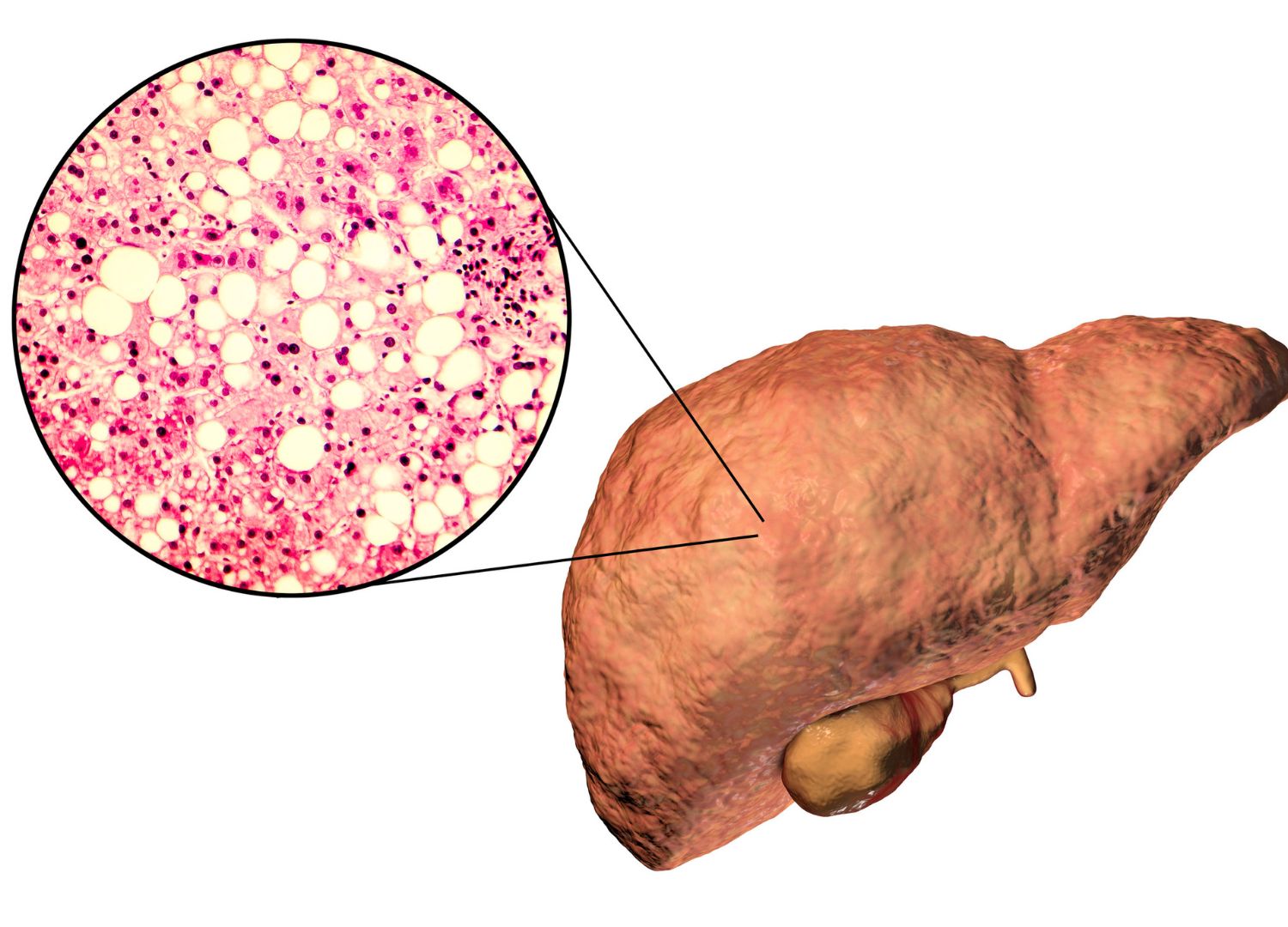IntroductionLast week, Ngozi visited her doctor because she had some persistent abdominal discomfort for the last 3 weeks. The discomfort was persistently located around the upper abdomen and she was worried it might be her stomach. After a few questions and an examination, the doctor asked her to do an abdominal ultrasound scan. After the scan, the results showed some fat in her liver. The doctor said it was a lot of fat and might be related to her diet which would need to be adjusted now. How did she get so much fat in her liver?
Fatty liver, a condition characterized by the accumulation of excess fat in liver cells, has become a prevalent health concern in recent years. As our lifestyles continue to evolve, so does the risk of developing this condition. In this comprehensive guide, we'll delve into the causes, symptoms, and effective management strategies for fatty liver, shedding light on a condition that often goes unnoticed until it progresses.

What is Fatty Liver?
Fatty liver, also known as hepatic steatosis, occurs when fat makes up more than 5-10% of the liver's weight. There are two primary types: alcoholic fatty liver disease (AFLD) and non-alcoholic fatty liver disease (NAFLD). While AFLD is linked to excessive alcohol consumption, NAFLD is associated with factors such as obesity, insulin resistance, and metabolic syndrome.
Causes of Fatty Liver
Poor Diet: Consuming a diet high in saturated fats, sugars, and refined carbohydrates can contribute to the development of fatty liver.
Obesity: Excess body weight, particularly around the abdomen, increases the risk of fatty liver as fat is stored in the liver cells.
Insulin Resistance: When the body's cells don't respond effectively to insulin, it can lead to an increased storage of fat in the liver.
Genetics: Some individuals may be genetically predisposed to developing fatty liver, even with a relatively healthy lifestyle.
Causes of Fatty Liver
Poor Diet: Consuming a diet high in saturated fats, sugars, and refined carbohydrates can contribute to the development of fatty liver.
Obesity: Excess body weight, particularly around the abdomen, increases the risk of fatty liver as fat is stored in the liver cells.
Insulin Resistance: When the body's cells don't respond effectively to insulin, it can lead to an increased storage of fat in the liver.
Genetics: Some individuals may be genetically predisposed to developing fatty liver, even with a relatively healthy lifestyle.
Symptoms of Fatty Liver
Fatty liver is often asymptomatic in its early stages, making it challenging to detect. However, as the condition progresses, individuals may experience:
Fatigue: Persistent tiredness and weakness are common symptoms.
Abdominal Pain: Discomfort or pain in the upper right side of the abdomen may occur.
Swelling: An enlarged liver can lead to abdominal swelling.
Jaundice: In advanced stages, yellowing of the skin and eyes may be observed.
Diagnosis and Medical Intervention
Diagnosing fatty liver typically involves a combination of medical history assessment, physical examination, and imaging tests, such as ultrasounds or MRIs. Lifestyle modifications, including dietary changes and increased physical activity, are often the first line of defense. In more severe cases, medications may be prescribed to manage underlying conditions like diabetes or high cholesterol.
Lifestyle Changes and Management:
Healthy Diet: Adopting a diet rich in fruits, vegetables, whole grains, and lean proteins can aid in reducing fat in the liver.
Regular Exercise: Engaging in regular physical activity helps in weight management and improves insulin sensitivity.
Limit Alcohol Consumption: For those with AFLD, limiting or abstaining from alcohol is crucial for liver health.
Weight Management: Achieving and maintaining a healthy weight is essential in managing fatty liver.

Conclusion
Fatty liver is a potentially serious condition that can be managed and even reversed with proactive lifestyle changes. By understanding its causes, recognizing symptoms, and implementing effective management strategies, individuals can take control of their liver health. If you suspect you may have fatty liver or are at risk, consult with a healthcare professional for personalized guidance. Remember, a healthy liver is key to overall well-being.

